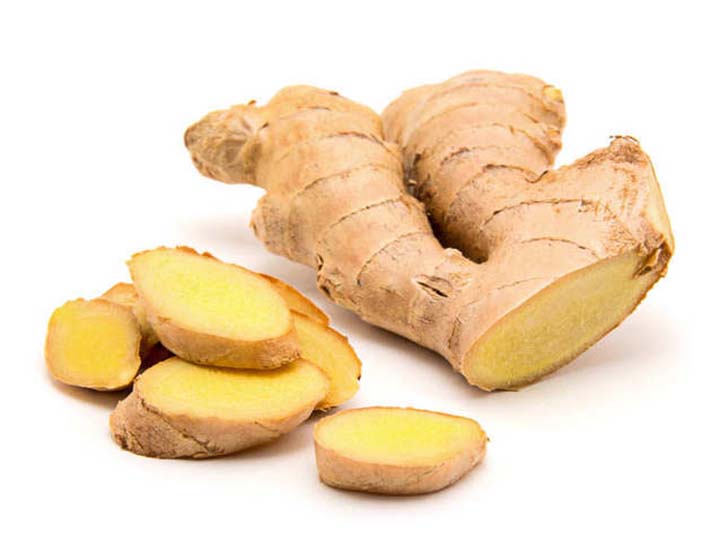Know the Wonderful World of Ginger in 3 Minutes
Ginger (Zingiber officinale Rosc.) belongs to the ginger family. It originated in Southeast Asia and was then used in many countries as a spice and condiment to enhance the flavor of food. In addition, the root of ginger is also used in traditional herbal medicine. The health-promoting prospects of ginger are attributed to its rich phytochemical composition. Jorad et al. divided fresh ginger into two major groups, namely volatiles, and non-volatiles. The volatiles includes sesquiterpenes and monoterpene hydrocarbons that provide the distinctive aroma and flavor of ginger. In contrast, non-volatile stimulants include gingerol, gingerenols, paradols, and ginger oleoresinol. Ginger has great potential to treat a wide range of conditions, including degenerative diseases (arthritis and rheumatism), digestive health (indigestion, constipation, and ulcers).

Ancient ginger root
One of the things that makes ginger so unique is that it has been used by herbalists for more than 2,500 years. Although often used for flavoring, the Chinese discovered that the ginger herb root could heal the body. As ginger grew in popularity, the Greeks began using it to make bread, which led to the creation of gingerbread, and North American colonists found that drinking ginger beer relieved upset stomachs. For this reason, one of the many benefits of ginger root is nausea.
In fact, this ginger root is very effective as a digestive aid, mainly from the active ingredients gingerol and gingerol. Both of these natural ingredients work by neutralizing stomach acid, enhancing digestive juices production and toning the muscles of the digestive tract. Soothing the stomach through ginger usually relieves flatulence. A good combination for treating flatulence is a mixture of grated ginger root and diluted lime juice.
Ginger and its anti-inflammatory effects
It also has anti-inflammatory and antioxidant properties that can control the aging process. In addition, it has antibacterial potential and helps in the treatment of infectious diseases. The generation of free radicals or reactive oxygen species (ROS) during metabolic processes beyond the antioxidant capacity of biological systems can lead to oxidative stress, which plays a crucial role in heart disease, neurodegenerative diseases, cancer, and the aging process. Bioactive molecules of ginger, such as gingerols, show antioxidant activity in various modules. Inflammatory diseases, such as gastritis, esophagitis, and hepatitis, caused not only by infectious agents such as viruses, bacteria, and parasites, but also by physical and chemical substances such as heat, acid, cigarette smoke, and foreign bodies, are considered risk factors for human cancer. Consumption of ginger before exercise may reduce the quadriceps pain that occurs naturally during moderate-intensity cycling.
Health benefits of ginger
To fully understand the benefits of ginger, let’s break them down. First, with nausea, the problem with the conventionally prescribed anti-nausea medication is that it works through the body’s central nervous system. Because of this, a person will often feel sleepy, an unwanted side effect. With ginger, drowsiness is rarely a problem. In addition, ginger has been shown to help with the anesthetic response. Often, people undergoing surgery wake up feeling only nauseous. In a controlled study, it was shown that taking just one gram of ginger prior to surgery significantly reduced the effects of anesthesia. However, most medical professionals prohibit ginger before surgery because it causes the platelets to be less “sticky,” which increases the risk of bleeding.
TAIZY is a comprehensive ginger processing machine manufacturer, we provide a complete range of ginger machines with actually high quality and good price. And we are also experts in ginger with highly rich experience. If you are interested in the ginger business, contact us for more useful details.
